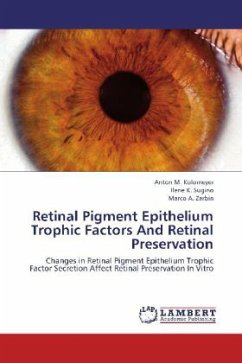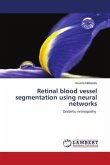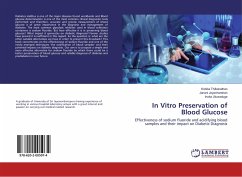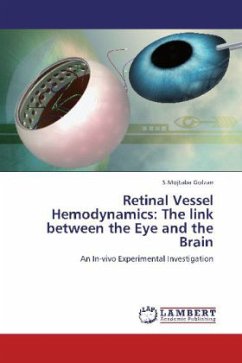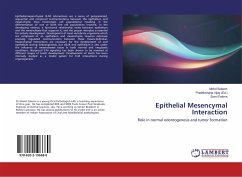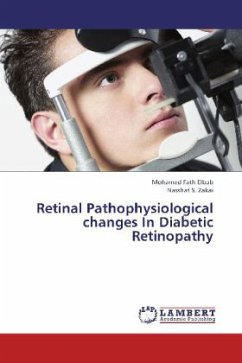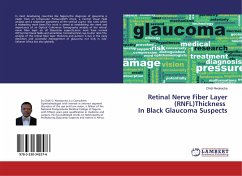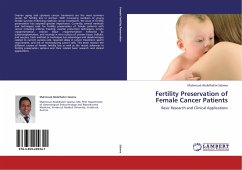Age-related macular degeneration (AMD) is the leading cause of blindness among persons over age 50 in the industrial world. We hypothesized that abnormal trophic factor production may compromise retinal survival, and fetal retinal pigment epithelial (RPE) cells may be better for transplantation purposes than adult RPE cells. Trophic factor levels in conditioned media (CM) were quantified by multiplex ELISA. Degree of retinal preservation was assessed biochemically. Isobaric tag for relative and absolute quantification (iTRAQ) was used to identify retina-preserving molecules. Confocal microscopy assessed retinal morphology. Media isolated from AMD vs. control donor eyes were equally effective at promoting retinal preservation. Adult RPE cells may not be as useful for cell transplantation treatment of AMD retina as fetal RPE cells. iTRAQ identified insulin-growth factor binding protein-3, TGF-beta, hepatoma-derived growth factor, and others as potential retina-preserving proteins. Fetal RPE-CM preserved retinal morphology. Subretinal transplantation of fetal RPE cells may be more effective than intraocular injections of trophic factors at maintaining long-term retinal viability.

